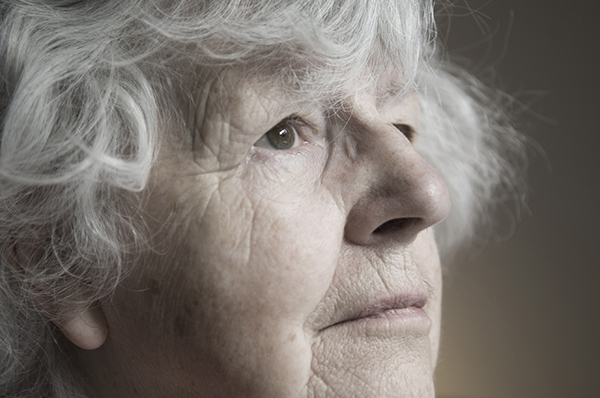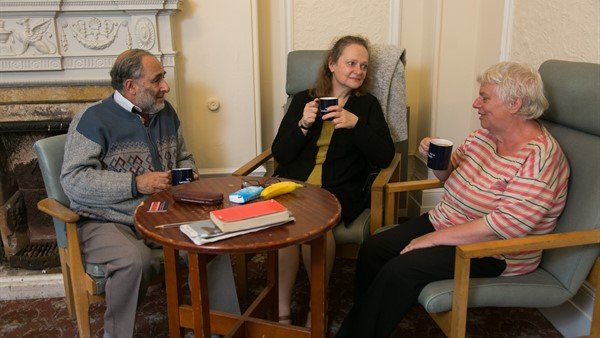Download Hourglass' advice on domestic abuse in isolation
At a glance:
-
When older people experience domestic abuse they are subjected to the same behaviours as younger people: physical, sexual, psychological, financial abuse and coercive and controlling behaviour as well as neglect.
-
For older people, it is more likely that they will experience abuse from family members as opposed to intimate partner violence. However, some older victims may have been in an abusive relationship for decades or be experiencing abuse in a new relationship in later life.
-
A significantly higher number of older men experience domestic abuse than their younger counterparts.
-
There is a significant increased risk of abuse and neglect to the nation’s older population as widespread lockdown and self-isolation takes effect. Under the best of circumstances, we know that more than a million older people experience abuse or neglect in the UK every year. We also know that assaults and domestic murders surge by as much as 25 percent during a festive season - a time when the combination of financial strain and family members cooped up in close proximity exerts additional burden on relationships. The lockdown will create a pressure cooker environment for abuse, with vulnerable older people at particular risk.
-
Hourglass polling data reveals that more than 1 in 3 (34%) UK residents don’t believe that ‘acts of domestic violence directed towards an older person’ count as abuse. In London the figure is even higher, with close to half (44 percent) of all residents seemingly accepting of domestic violence towards older people. The findings from our polling indicate that even before coronavirus was a factor - the research was conducted in January and February of this year - a shockingly large proportion of people have a disturbing tolerance for abusive behaviours towards older people.
What domestic abuse of older people looks like:
-
Controlling finances to reduce independence, abuse of powers of attorney
-
Physical assault: hitting, grabbing, shoving, withdrawing medications.
-
Sexual assault
-
Neglect – e.g. withdrawing caring support, food, heating
-
Controlling access to communication with those outside the home.
-
Denying access to external support such as care agencies, social services
-
Blaming the victim- “carer stress”
-
Threatening to/denying access to grandchildren
-
Questioning someone’s capacity
Barriers to reporting:
-
Shame and embarrassment
-
Unwillingness to criminalise family members
-
Prefer to live with the abuser than alone
-
Fear of losing relationships with other family members e.g. grandchildren
-
Nothing will be done, not feeling worth the time
-
Generational attitude- ‘it’s just a domestic’
-
Lack of knowledge about where and how to report
-
Feeling responsible for the abuse as they are a burden
-
Fear of reprisals
-
Concerns about unwanted intervention
-
Worried about being believed
-
Negative response from agencies
-
Lack of refuge provision
-
Lack of or fluctuating capacity
 Shop Now
Shop Now


